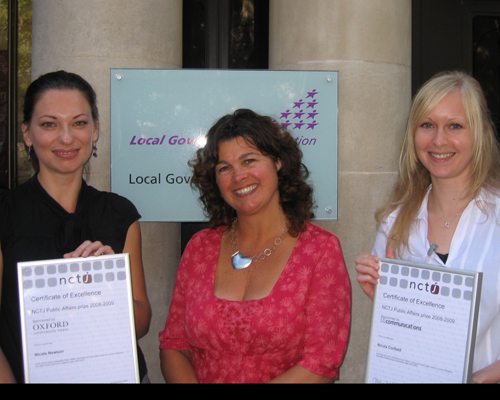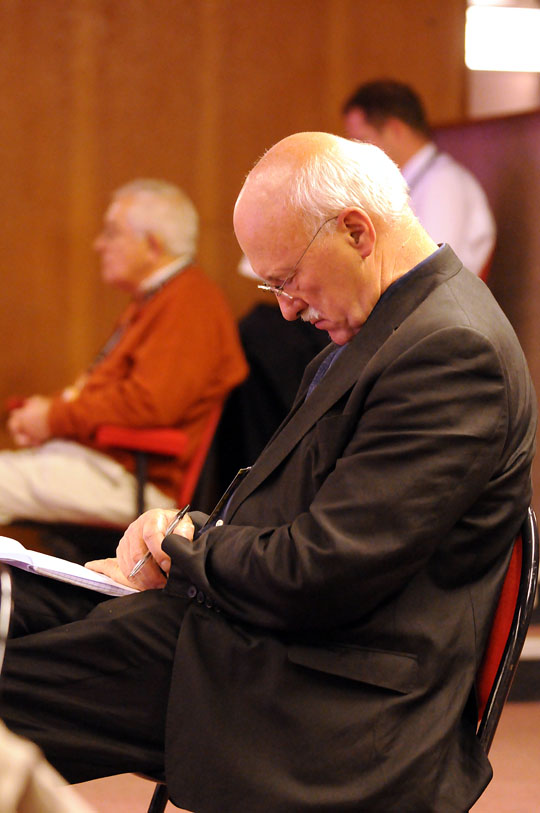Day one of @journalismnews owner @johncthompson‘s epic 11-day ride from Brighton, UK to Oslo, Norway in aid of @JournoCharity (Journalists’ Charity), @CR_UK (Cancer Research UK) and @GistSupportUK.
Journalists – watch the video and listen to the audio about the great work of the Journalists’ Charity. And learn more about my ride.
I will be braving hills, rain, wind, punctures, sore muscles etc so please make it worth my while by sponsoring me as generously as you can afford.
Today’s ride covered 77 miles with 3374 feet of climbs.
This was one of two legs of my journey I was not looking forward too (the other is day nine in Denmark). On practice runs, I has tried part of the route so already knew what to expect in the way of hills from the Sussex and Kent Downs.
So I planned an early start in order to get an early night ahead of the mad o’clock ferry journey the next day. When I rose at 6am my heart sank when I saw the weather – trees bending in the rain and grey rain clouds in the sky. Like late autumn/early winter.
So it was with little enthusiasm that I finally set off at 7am having procrastinated for an hour.
Luckily the wind was in my favour and I made good early progress for the first 30 miles or so. Apart from some nasty side gusts channelling up some streets nearly knocking me off my bike.
I planned to break for a proper lunch someplace nice but ended up picnicking in an alley next to a corner store in Hamstreet at about the 54 mile mark.
When I finally saw the English channel again my spirits lifted. But still some climbing to be done including one hellish stretch up a barely navigable and steep coastal path where I mostly had to carry my bike luggage and all. Bikeroutetoaster has a somewhat different idea to me at times as to what constitutes a rideable cycle path!
Injuries from that episode include nettle skins, barked ankles on pedals, and skin contusions from thorny bushes.
My bar bag which is stuffed full has an unfortunate effect on the handlebars when dismounted causing the bars to spin widely round. This happened a couple of times badly scratching my cycle frame down to the metal where the brake lever impacted on it.
The wind also nearly blew off my handmade charity and flag stickers on my rear panier. Will need to tape those down tonight.
Finally arrived in Dover around 2:30 and settled in to a very pleasant B&B close to the ferry port.
After much searching finally found a passable seafood restaurant on the coast with sea views and overlooking the ferry port. Seems I had more of an appetite than I thought causing the waiter to comment on how quickly I polished my dinner off.
Food not bad but microwaves should be banned from ALL restaurants. Bread and butter pudding should be crunchy on top! A crime akin to warming scones in a microwave!
Still, better than the McDonalds I almost considered although that probably would have ticked the right boxes for fat, protein and calorie intake.
Enjoyed watching an arctic tern dive fishing on the shore and the ferries entering and leaving the port. As the ships emerged from the harbour mouth they listed alarmingly as they caught the full force of the wind. Think I might leave breakfast until Calais.
Bought a couple of beet root juice booster shots on a colleague’s advice. Sound disgusting but if they get me through a couple of rides then it might be worth it. Will wait until I’m off the ferry though!
Finally a couple of more sponsorships today. Still more than £500 short of target for the Journalists’ Charity though. At the current rate of a fiver a go (which I know to be generous in these cases given how little junior and most freelance journalists earn) I’m going to need another 103 donors!
I was thinking about creating a Klout list of @JournoCharity #newscycle journalists. Lists seem to get journalists very excited and it would be nice to honour those who demonstrably care about their colleagues rather than just their egos!
![Reblog this post [with Zemanta]](https://img.zemanta.com/reblog_e.png?x-id=05efd4ab-9e17-45b2-92cc-ca98ba2a7f94)


